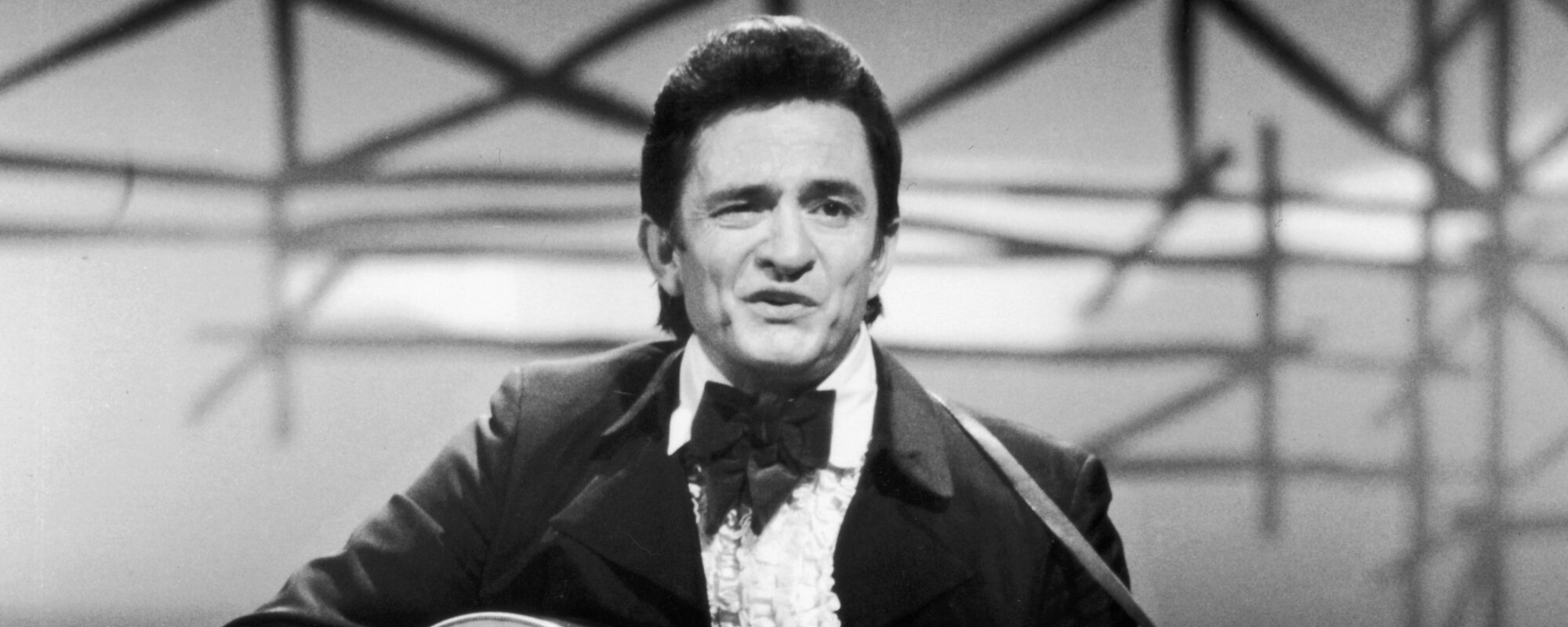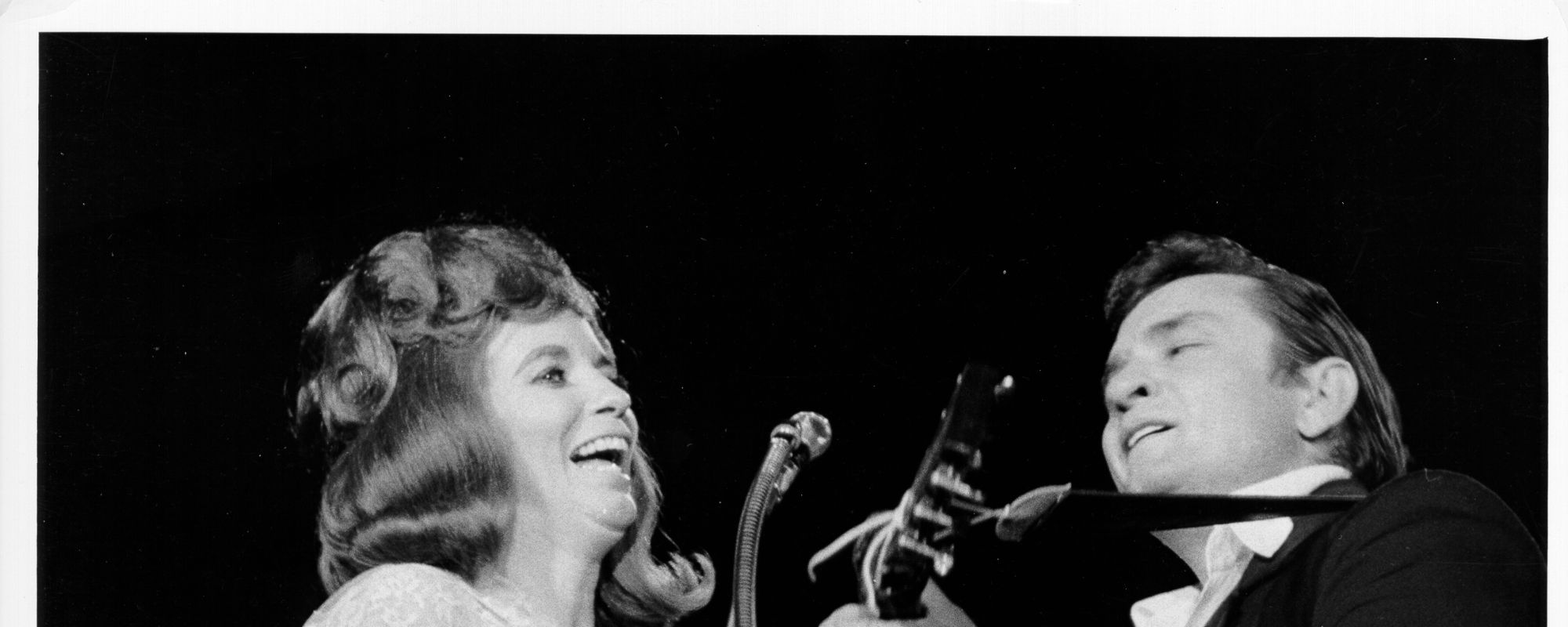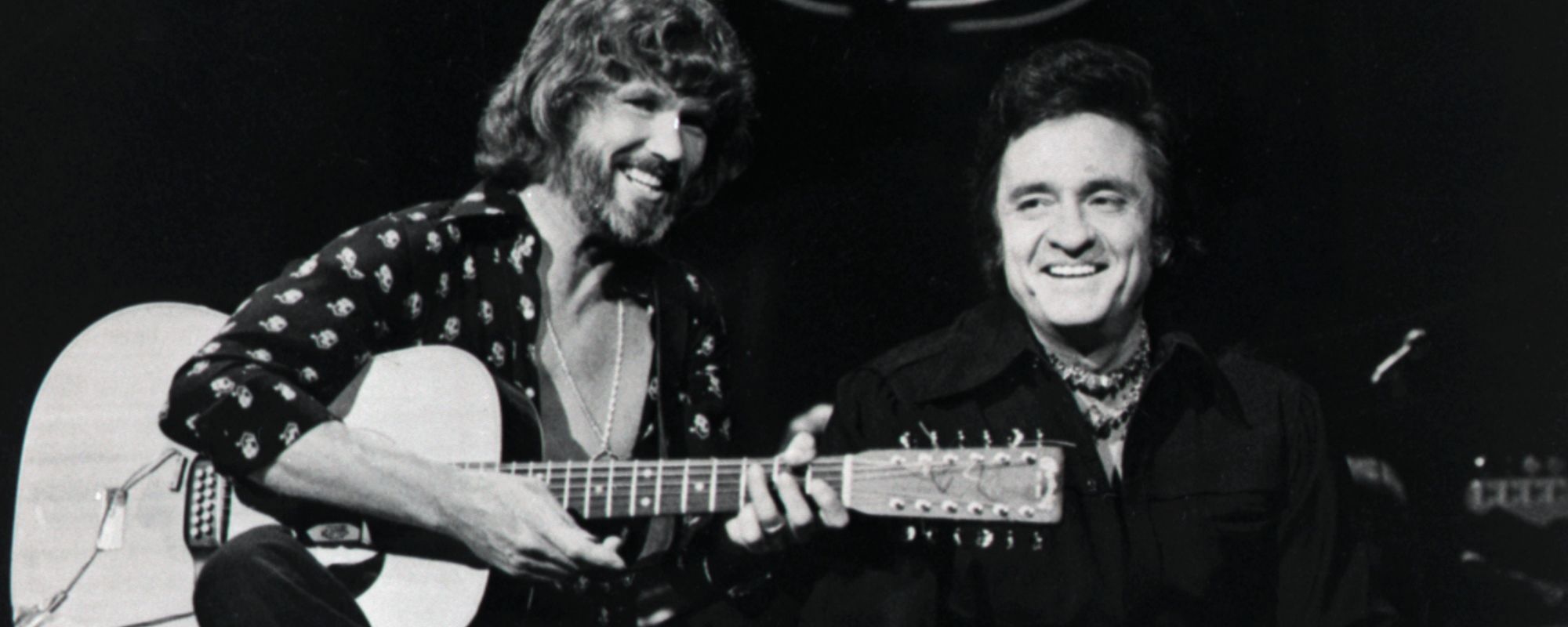During his early days working as a songwriter in the Brill Building in New York City, Neil Diamond was nudged by his producers and mentors, Ellie Greenwich and Jeff Barry—behind hits like the Dixie Cups’ “Chapel of Love” and “Be My Baby” by the Ronettes—to start digging deeper into his lyrics. From there, Diamond ended up writing a theme song about his personal life that became his debut single in 1966.
“After four years of Freudian analysis, I realized I had written ‘Solitary Man’ about myself,” said Diamond in 2005.
Released on his debut album, The Feel of Neil Diamond, “Solitary Man” didn’t hit the charts as high (at No. 55) as his second single, “Cherry Cherry,” which went to No. 6, but it still marked a turning point for Diamond as a songwriter and a move toward more introspective lyrics.
“Solitary Man was my first song where I tried to really raise the level of my songwriting,” Diamond told Mojo in 2008, on the lyrics, which navigated sme of the things that came along with fame, from loneliness and self-discovery—Don’t know that I will / But until I can find me / A girl who’ll stay and / Won’t play games behind me / And I’ll be what I am / A solitary man.
“Like every other person on earth, I seek out my time for myself and for the things that I consider important,” said Diamond of the meaning behind the song. “Sometimes being a solitary man doesn’t mean you’re lonely, it can mean you’re just taking some alone time to recenter yourself.”
Videos by American Songwriter

Diamond later revealed that the song was inspired by the Beatles‘ Rubber Soul hit “Michelle,” without any French verses. “It was inspired by the Beatles’ song ‘Michelle,’ which was also written in a minor key,” said Diamond. “I don’t think I’d ever written a song in a minor key before, it was the first and it kind of broke the dam for me.”
Though it had a rough start on the charts in ’66, going to No. 55, when “Solitary Man” was rereleased in 1970, it had a resurgence, peaking at No. 21 on the Billboard Hot 100 and No. 6 on the Easy Listening chart.
A year after its release, Italian singer Gianni Morondi had a No. 1 hit with his cover of “Solitary Man,” arranged by the late composer Ennio Morricone. T.G. Shepard also went to No. 14 on the Country chart in 1976 with his rendition, and more interpretations followed in the decades to come.
Here’s a look behind four cross-genre covers, from Iceland indie rock to a legendary country outlaw, of Diamond’s debut.
[RELATED: The Heartbreaking Story Behind Neil Diamond’s Song About an Imaginary Friend]
Chris Isaak (1993)
Following the success of his 1989 album Heart Shaped World and hit “Wicked Game,” Chris Isaak took a less brooding turn on his fourth album, San Francisco Days. The album also features one cover, “Solitary Man,” a song Isaak chose to record for his mother, who was always a big fan of Diamond’s.
Johnny Cash (2000)
In 2000, Johnny Cash covered Diamond’s classic and used it as the title track of his album American III: Solitary Man. Cash’s version also features Tom Petty on backing vocals and won a Grammy Award in 2001 for Best Male Country Vocal Performance. Co-produced by John Carter Cash and Rick Rubin, the album also features the Heartbreakers’ Mike Campbell and Benmont Tench, and June Carter Cash, along with Sheryl Crow, Marty Stuart, Merle Haggard, and more special guests.
HIM (2004)
Just four years after Cash delivered his rendition of “Solitary Man,” Finnish goth band HIM recorded the song on their first compilation album, And Love Said No: The Greatest Hits 1997–2004. The band’s cover gave them a Top 10 hit in the UK and in their native Finland, reaching No. 9 and No. 2 on the charts, respectively. The single was also accompanied by a music video, produced by Jackass star and then-friend of the band, Bam Margera.
Ólöf Arnalds (2011)
Icelandic singer and songwriter Ólöf Arnalds gives a female voice and a more bare-bones indie rock version of “Solitary Man” on her 2011 mini-album of covers, Ólöf Sings. Along with Diamond’s early classic, Arnalds also covers Bob Dylan’s “She Belongs To Me” and Bruce Springsteen’s “I’m on Fire.”
Photo: CBS Photo Archive/Getty Images












Leave a Reply
Only members can comment. Become a member. Already a member? Log in.